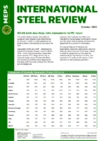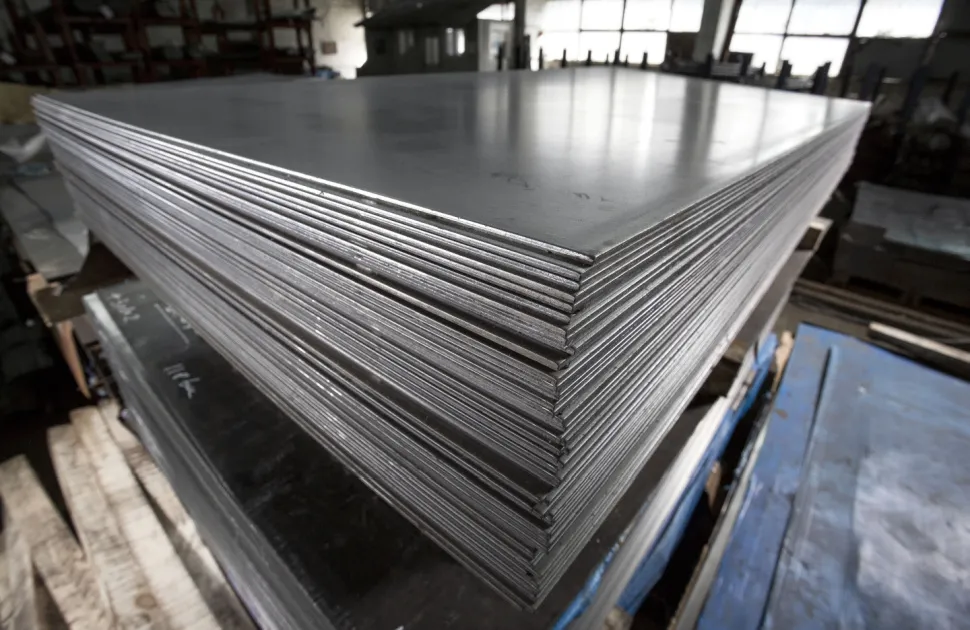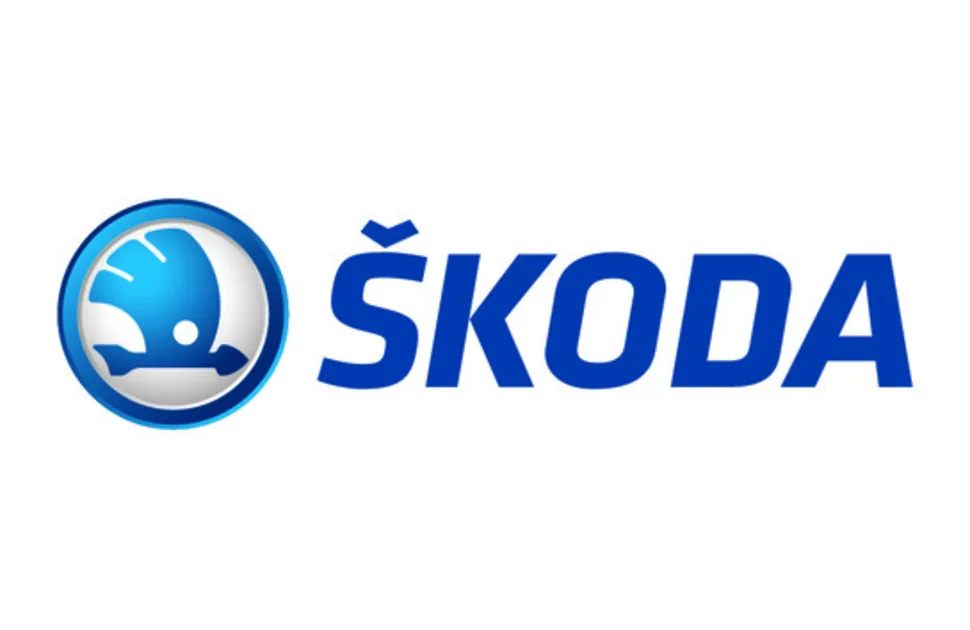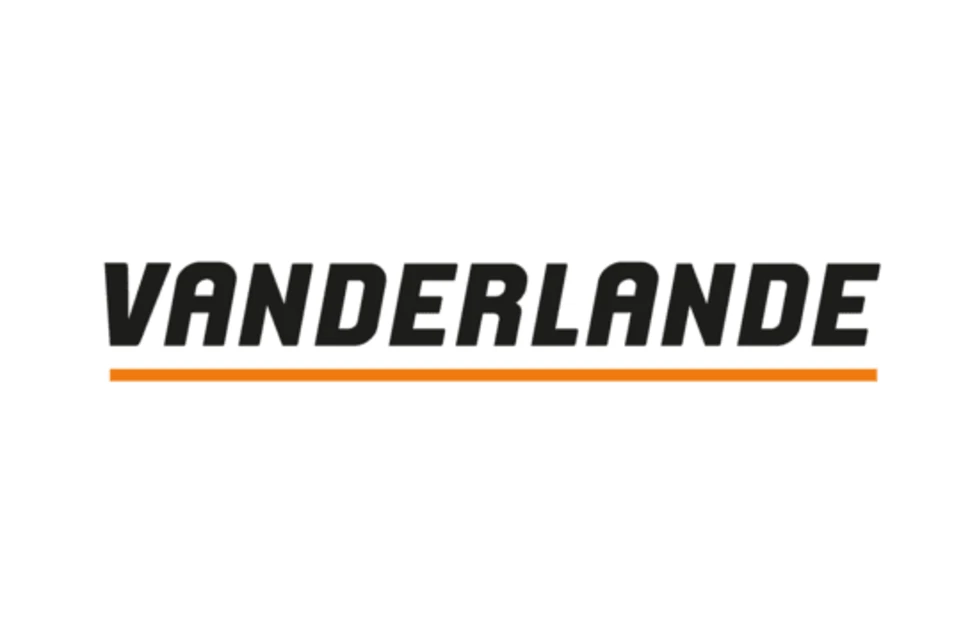Steel prices up, demand down in Central Europe
Against a backdrop of weak underlying end-user demand and subdued distributor purchasing activity, flat product steel prices in Central Europe continue to soar. This is leaving many in the local steel market nervous and somewhat perplexed about the reasons behind the surge in mill selling values.
Both the Polish and Czech Manufacturing PMIs dropped below those of their European counterparts, last year. Despite trending upwards in early 2023, they are still in contraction territory, at less than 50. The Czech figure remained considerably below this level, at 44.31, in February.
The effects of high inflation and rising input costs are putting a strain on many businesses, particularly in the Czech Republic. A number of companies have gone bankrupt, with more likely to follow. Inflated energy and fuel prices, as well as the war in Ukraine, continue to negatively influence economic conditions in Central Europe. A strong koruna is contributing to the adverse pressure in the Czech market.
Reduced steel import volumes have added to supply tightness, in recent months. This has been the main driver for the current steel price rises, despite weak market conditions. Growing demand from neighbouring countries, whose economies are faring better, is also affecting the value of the steel products sold in the Polish and Czech markets.
However, as domestic prices rise, new overseas offers are becoming increasingly attractive to domestic buyers. Moreover, there is additional regional supply coming back online. Hungarian steelmaker, Dunaferr, has reportedly resumed production, supported by the local government for the next six months. Nevertheless, many buyers consider ordering from this mill to be risky, due to the continuing financial difficulties at the plant.
Overall activity levels in the Central European steel market are expected to stay low. Furthermore, the upcoming Easter holidays are likely to limit sales opportunities, in April. Stock purchases will be restricted as many buyers become increasingly hesitant to hold excess inventory in case prices fall.
Concerns about a price collapse are not unique to the Central European market. They are shared by steel buyers across the EU. Nevertheless, tight supply is likely to keep prices elevated, at least in the near term.

Source:
International Steel Review
The MEPS International Steel Review is an essential monthly publication, offering professional analysis and insight into carbon steel prices around the world.
Go to productRequest a free publication





